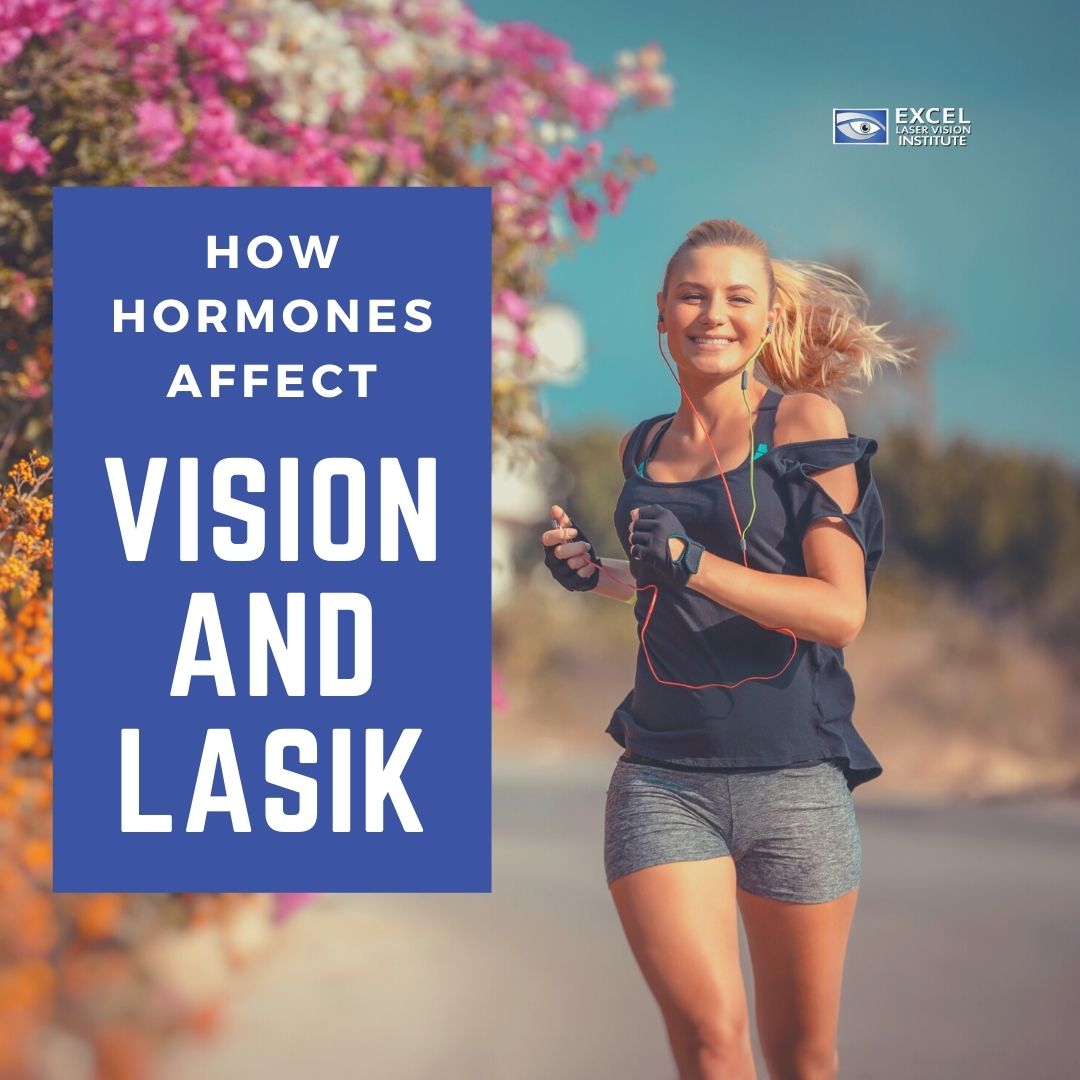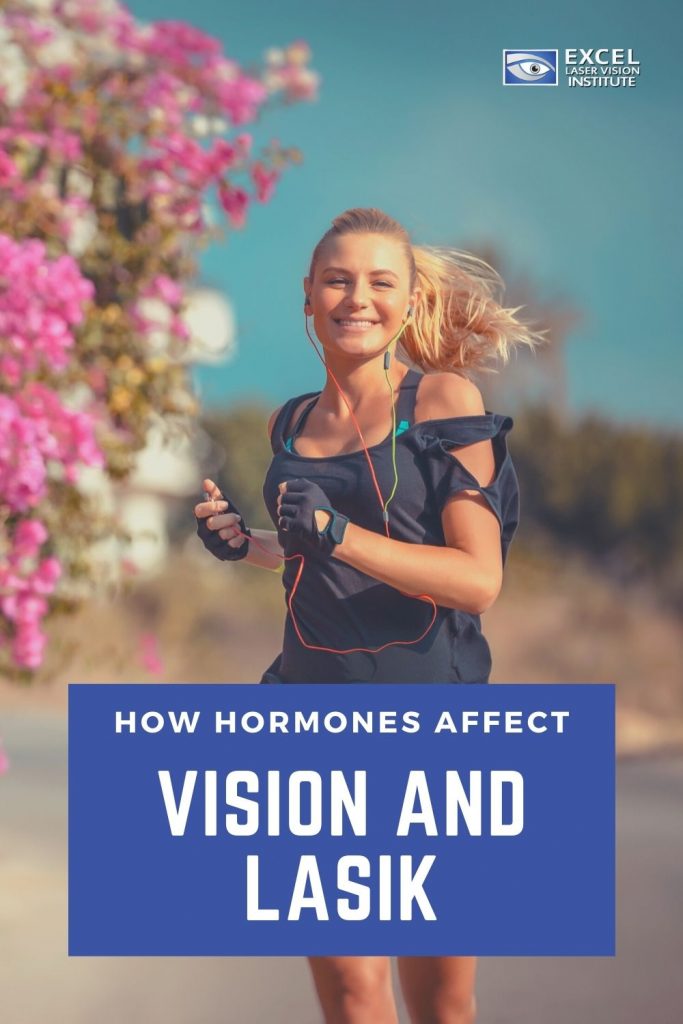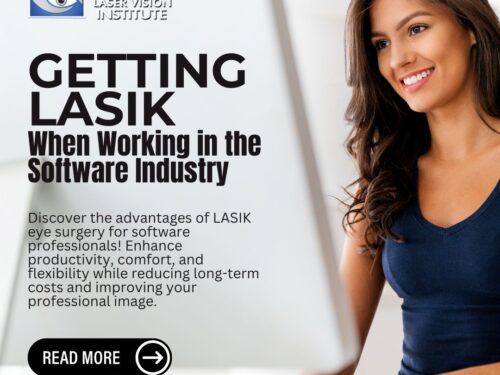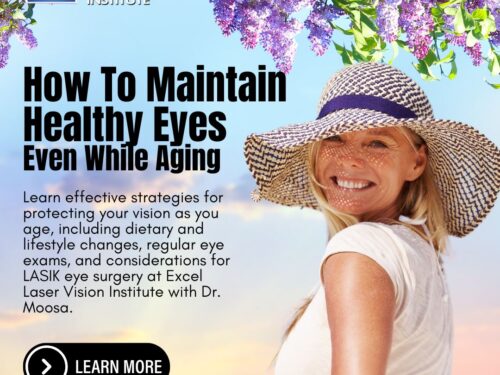
Hormones are responsible for many processes in our body, including growth, metabolism, and even vision. As we age and go through bodily changes like pregnancy, our hormones can shift slightly, altering the quality of our eye sight. It’s no wonder that prospective patients for LASIK are examined closely and consulted on any current physical conditions before their surgeon will move forward with the procedure.

Different kinds of hormones carry out different functions in our body. When levels are unbalanced due to pregnancy or other conditions, this can affect a patient’s natural prescription. Those who are interested in laser vision correction in Los Angeles will be vetted thoroughly to ensure that hormonal imbalance, among other things, is not an issue. Here are some of the critical hormones that can affect our state of vision:
- Testosterone
- Progesterone
- Estrogen
- Insulin
- Gonadotropin-releasing hormone
- Thyroid hormones: tetraiodothyronine and triiodothyronine
Hormonal changes may happen as a result of age, such as menopause, or from a condition such as diabetes. People may experience slight or drastic changes in their hormones that affect their vision through a variety of life events. Here are some of them:
- During puberty, Gonadotropin-releasing hormone travels to the pituitary gland and begins the release of other hormones. Pre-teens may experience growth spurts that temporarily change the shape of their eyeball, which can cause nearsightedness. Patients must be at least 18 years of age to get LASIK in Los Angeles, which helps eliminate the risk of hormonal imbalance from this stage of maturation.
- During pregnancy, fluctuations in progesterone and estrogen can affect the glands of the eyelids and eyes. This may cause symptoms of irritation such as dry eye. Estrogen may also change the shape of the cornea, which can cause a temporary vision impairment. Usually, this is reversed after pregnancy, which is why doctors suggest waiting for hormones to rebalance before getting your corrective eye surgery.
- During menopause, eyes may become drier and less elastic as a result of a decrease in estrogen. This can lead to a more serious case of dry eye or even blurred vision. Women who have reached menopause may also have a higher level of intraocular pressure that could increase their chances of developing glaucoma. Eye care is especially crucial during this time of life to preserve vision and health.
- Middle-aged men may experience a drop in testosterone levels, which can lead to blurred vision and dry eye. This hormonal shift is similar to the stage of menopause for women. Men who are experiencing issues with creating moisture in their tear ducts should seek out an eye care professional for an expert opinion.
- Anyone with excessively low or excessively high thyroid hormones will also experience vision changes. High levels of the T4 hormone can actually increase a patient’s risk of age-related macular degeneration. Thyroid hormones can also affect the cells responsible for color vision.
- Anyone with diabetes may notice excessive dry eye as a result of low insulin levels. This affects both type 1 and type 2 diabetes patients. If you are interested in getting laser eye surgery and have diabetes, then you should definitely consult an expert on your condition. Some patients may not be eligible for LASIK, but may qualify for an alternative refractive surgery.



